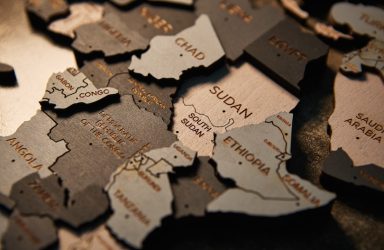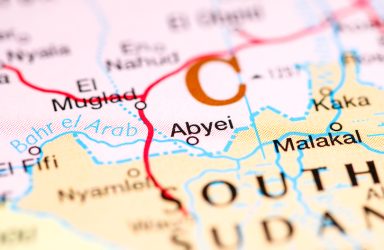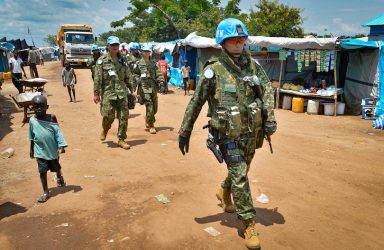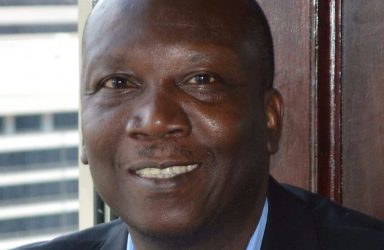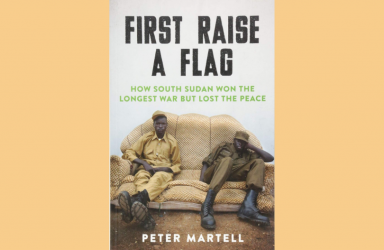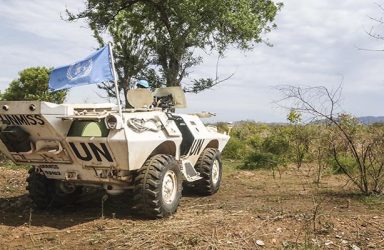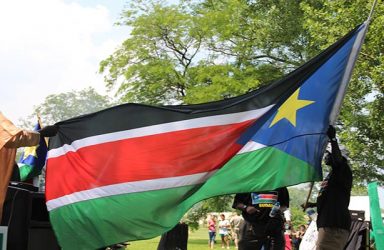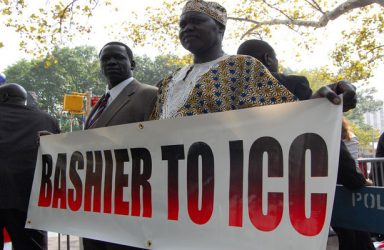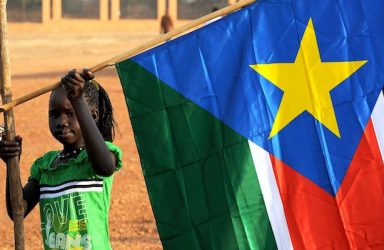Resilience Governance: A New Form of Colonialism in the Global South
The reason why projects fail may well be that resilience “experts” necessarily start from problematising local capacities and capabilities rather than building upon them.
Opinion – The Sudanese Conflict and the Abyei Dispute
With the conflict in Sudan, and the ongoing instability in South Sudan, Abyei remains stuck in an uncertain situation between two states in their own forms of uncertainty.
The Internal Displacement of People in South Sudan
In a volatile and ethnically diverse community, like that of South Sudan, a strong leader motivated in the wrong way could tip the scales at any moment to restart the violence.
Interview – Kon K. Madut
Kon Madut outlines how ethnic politics has impacted governance in South Sudan, the potential for a ‘sustainable peace’, challenges to promoting reproductive health, and the upcoming 2022 elections.
Review – First Raise a Flag: How South Sudan Won the Longest War but Lost the Peace
A meticulously researched, revelatory, and engrossing account of how South Sudan’s pursuit of statehood became a struggle for survival.
The United Nations, Self-Determination, State Failure and Secession
Secessionist states are unlikely to gain membership as the principle of territorial integrity holds primacy, initially showing it to be a foe to self-determination.
Self-Determination as a Process: The United Nations in South Sudan
In South Sudan, self-determination was ensured only to have it violated by external powers. These interferences did not help end the conflict; rather they made it worse.
The Impact of Omar Bashir’s Overthrow on Peace in South Sudan
The revolution in Sudan does not seem to have any radical effect on the South Sudan peace process, however, political dynamics suggest it will be negatively impacted.
Ethiopia and the South Sudanese Civil War
Should there be military interventions by South Sudan’s immediate neighbours and potentially even more distant states, it is unclear how an already multi-layered conflict would end.
South Sudan in Turmoil: The Risk of a Congo-like Regional Crisis
The stakes in the South Sudanese conflict are high. The peace process needs to be revitalized and rigorously pursued to bring a lasting settlement to the conflict.
